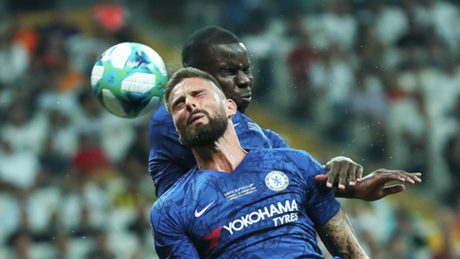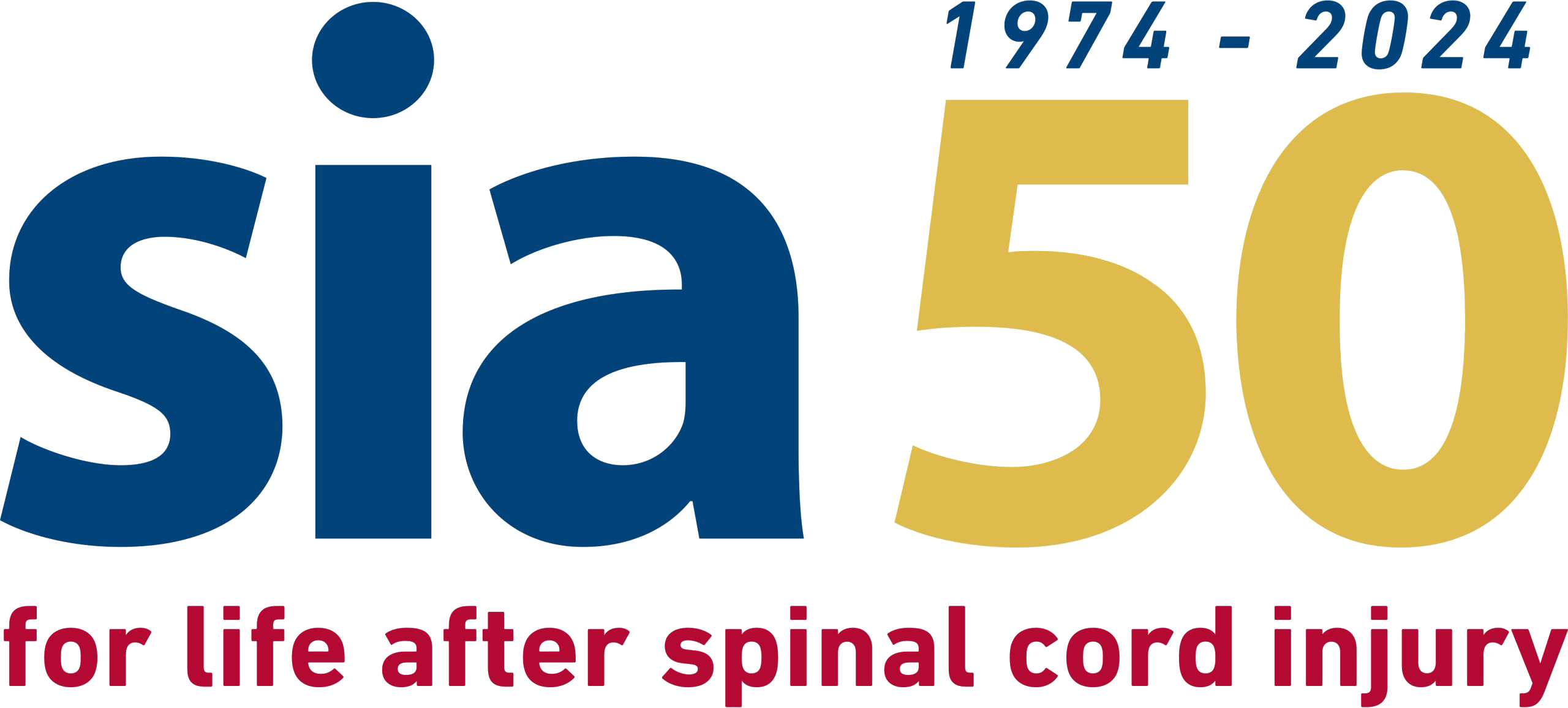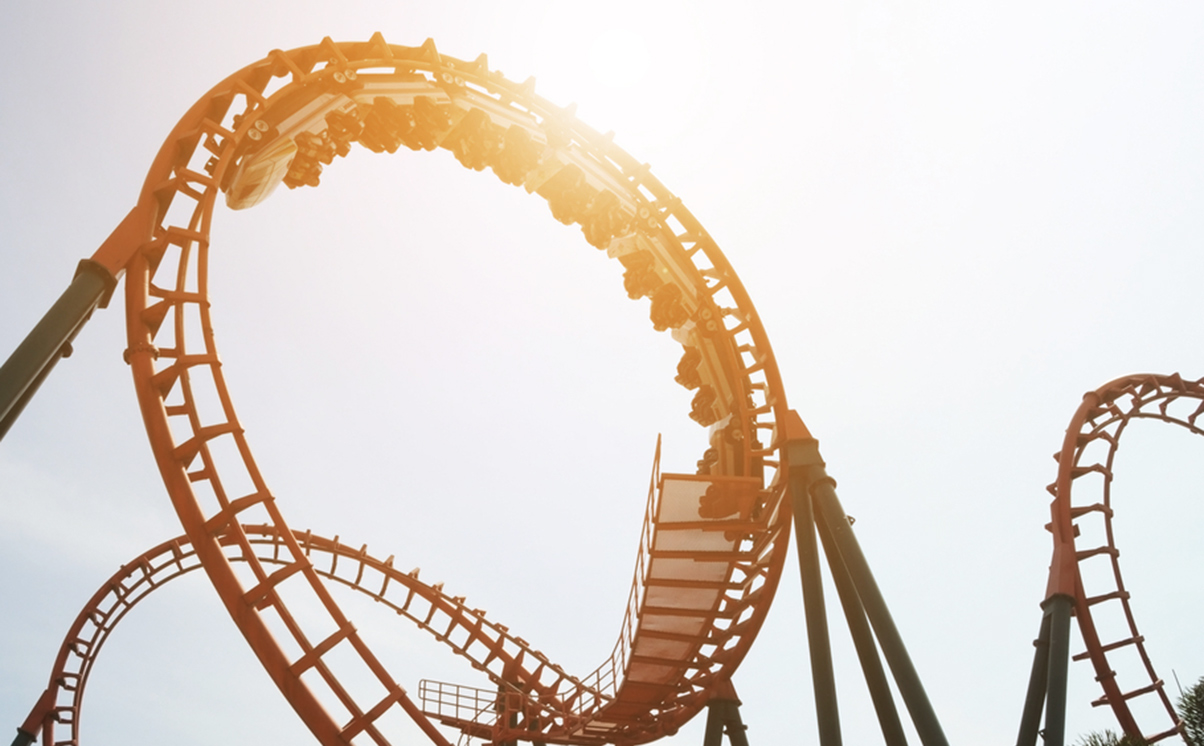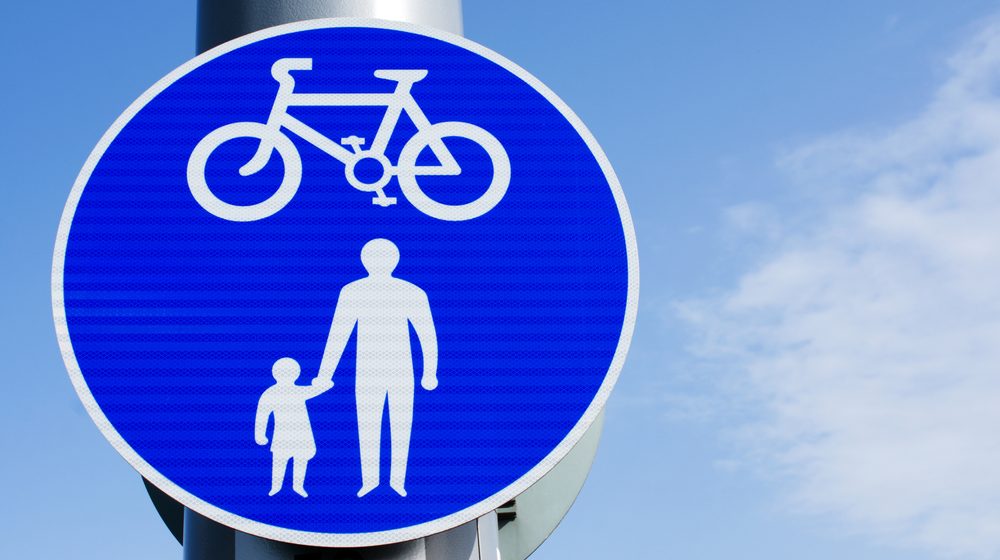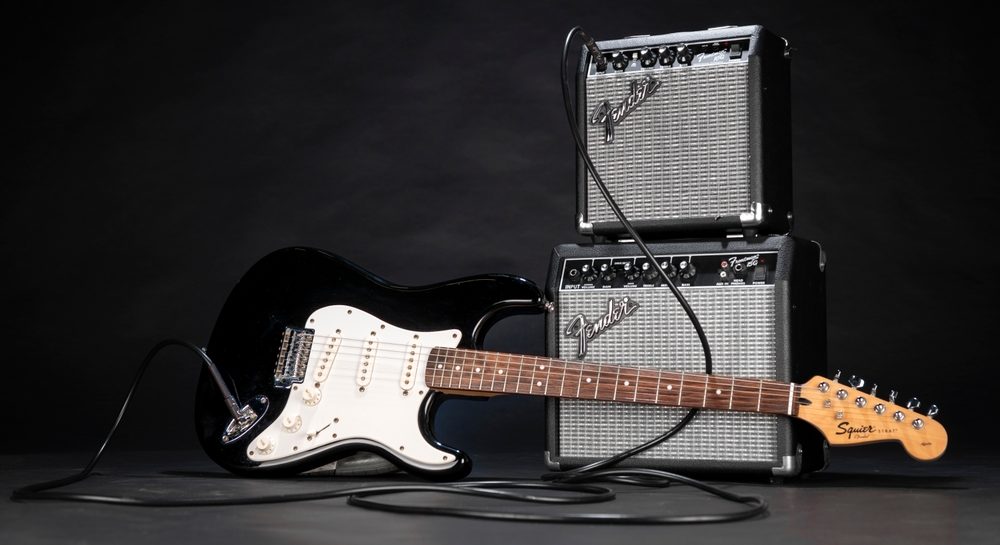Injuries on the field of play can derail a sportsperson’s career, with brain injuries among the most serious cases. Marking Alzheimer’s and Brain Awareness Month, Personal Injury partner Chris Smith wrote for the Yorkshire Post about the support available to injured sportspeople, and how they can seek compensation for their injuries.
Almost every sport comes with some risk of injury, but players and the organisations which govern professional sport all have a duty to minimise that risk. When the worst happens and a player does sustain a serious injury, it’s important they’re aware of the rehabilitation options available and how they can take the legal action required to help fund their recovery, and if necessary their life after professional play.
Which sports come with the most risk of brain injury?
Many different sporting activities can lead to a brain injury if the player is in the wrong place at the wrong time. Rugby and football players are probably the most at risk sportspeople in the UK, along with their counterparts in American football and Australian rules football, but the risk isn’t limited to these sports alone. Head injuries can occur in almost any contact sport.
The good news is that whether it’s in grassroots or elite level sports, awareness of head injuries and the risk to health generally has increased in the last decade. The Football Association has introduced concussion guidelines of “if in doubt sit them out”, and rugby’s governing body the RFU has brought in concussion protocols.
To help sportspeople minimise the risk of serious injury, education is vital at all levels to go alongside consistent implementation of the guidance. Each season in Premier League football there are high profile examples of concussion incidents, and this is clearly a point that needs to be further addressed. Temporary concussion substitutions seem like a sensible next step in improving safety in football.
How can a sportsperson who sustains a brain injury bring a legal claim?
At Stewarts our injury team acts for individuals who have sustained career-altering injuries during competition, training, or in other sports-related incidents. Our cases relate to a variety of sports including athletics, boxing, cycling, football, horseracing, motorsport, rugby, skiing and ice hockey.
The case of Czernuska v King (2023) EWHC 380 (KB) was potentially game changing and looked at the duty of care owed for injuries sustained in the course of a rugby game. In her first competitive game of rugby, the claimant in this case sustained a T10 ASIA B spinal cord injury leaving her paralysed from the waist down.
The judge held that the tackle executed by the defendant in the case was a reckless and dangerous act, falling below an acceptable standard of fair play, and in doing so they failed to exercise such degree of care as was appropriate in all the circumstances. The defendant was held liable to the claimant for the injuries sustained.
Failure to properly diagnose, treat or manage medical issues arising from a sporting incident can also lead to serious injury. As well as for injuries sustained within the game itself, Stewarts acts for sportspeople who have experienced life changing injuries as a result of medical negligence and failure to treat injuries to an acceptable standard.
What rehabilitation is available for sportspeople who have sustained a brain injury?
Fortunately there have been rapid advances in neurological rehabilitation in the last few years, with increasing access to specialist facilities via both the NHS and the private sector. We are especially fortunate to have a number of state of the art facilities on our doorstep in Yorkshire. Brain injury rehabilitation requires a holistic approach as every individual has different needs, and what rehabilitation looks like varies from person to person.
I recently acted on behalf of a talented sportsman who played football for a county league first team and was also a promising cricketer. He sustained serious brain and knee injuries: not in the course of play, but in a road accident. His rehabilitation required a wide multi-disciplinary approach and following significant progress in his physical recovery he began training with a professional football coach, under the guidance of his physiotherapist.
The physiotherapist then worked collaboratively with his neuropsychologist to support him in developing strategies for his play on the pitch, helping him slow down his thinking and assess each of his movements. Following successful rehabilitation, he was able to return to competitive football.
I have also been fortunate enough to get to know Steve Thompson, the former England rugby union international and World Cup Winner in recent years. Steve was diagnosed with early onset dementia in 2020. He has been at the forefront of campaigning for player welfare and has pledged his brain to the Concussion Legacy Project, which investigates the consequences of brain trauma. Through his own Head On Foundation, Steve is looking to support those who have sustained dementia and traumatic brain injury.
Advice for injured sportspeople: what can you do?
If you suspect you might have sustained a brain or head injury as a result of playing sport, take expert advice, be that legal and/or medical. Not everyone who has sustained an injury will have a compensation claim, but thankfully the world of sport is starting to do more.
The Professional Footballers’ Association (PFA) has pledged to create a new fund to assist former players (and their families) who have been impacted by dementia and other neurodegenerative conditions. Brain injury charities also do a great job of providing advice and guidance both for people who have sustained a brain injury in sport and their families, so they have somewhere to turn for support.
Subscribe – In order to receive our news straight to your inbox, subscribe here. Our newsletters are sent out once a month.

